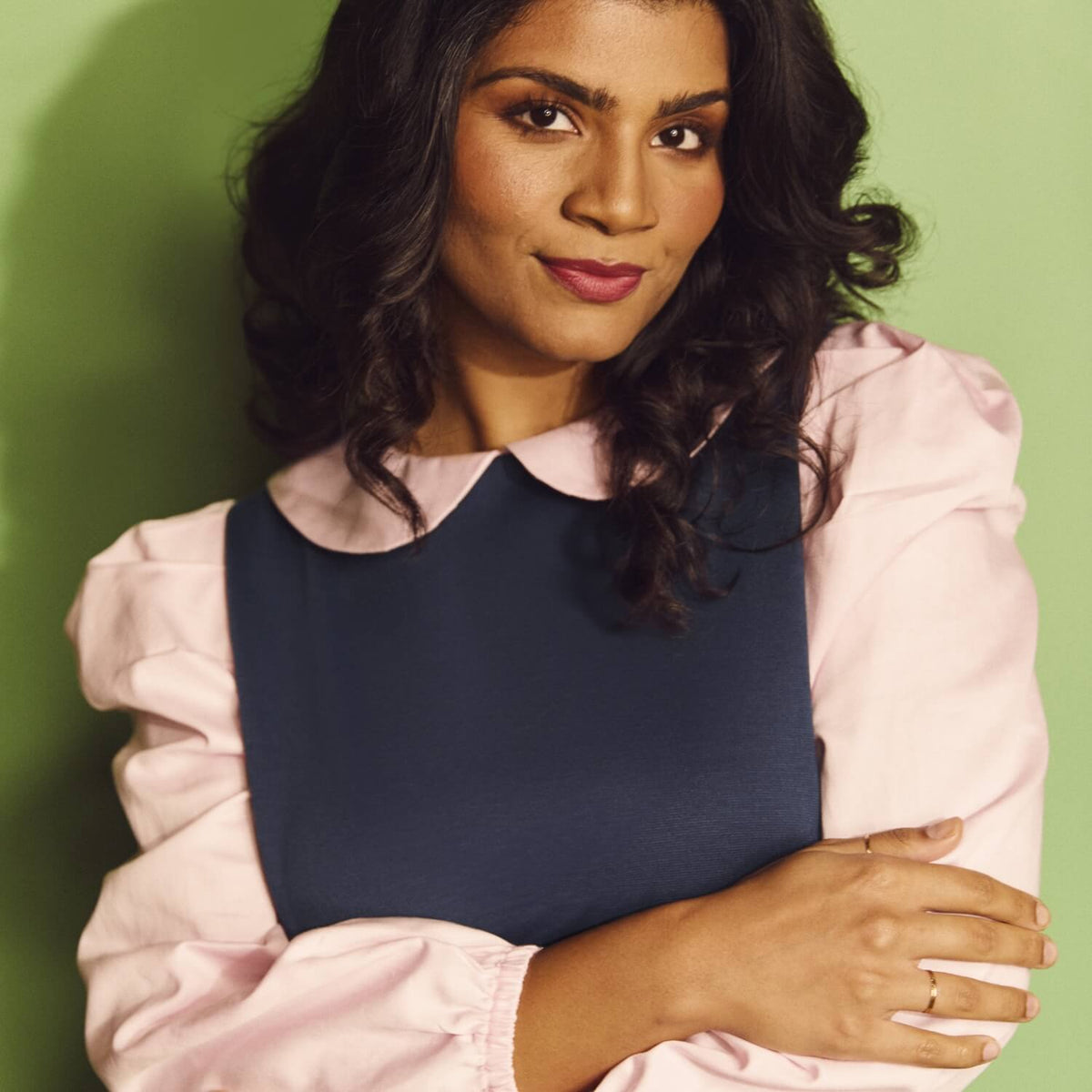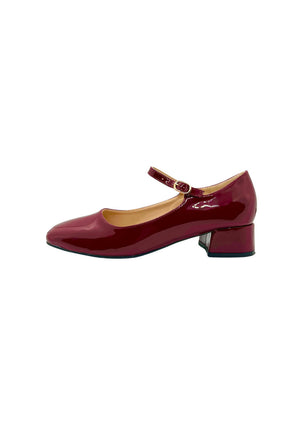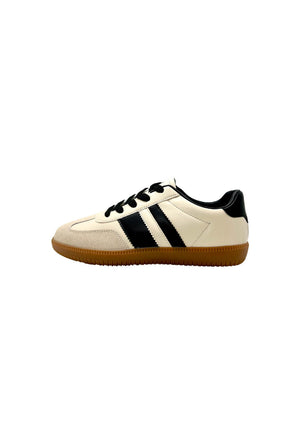
1. What are the best types of food and drinks to consume when breast-feeding?
There is no need for a special diet unless instructed by a doctor so moms should aim for a balanced diet rich in fruits, vegetables, whole grains, healthy fats (i.e. avocado, nuts, salmon), lean protein, and low-fat dairy. Eating a variety of foods will also help make sure that you and the baby are getting all of the needed vitamins. Also, don't forget to drink up! Aim for at least eight glasses of water per day.
2. What types of foods and beverages should new moms avoid when breast-feeding?
In the same way that you probably avoided alcohol and lots of caffeine while pregnant, you should continue to limit those items when breast-feeding too. Excess caffeine can make babies fussy and interfere with sleep. Some moms may find that certain foods (like spicy foods or citrus foods) affect babies' tummies, making them fussy or gassy. So, if you notice a pattern, lay off a particular food for a few days, then try again. Because your baby is introduced to so many flavors in the womb, unless you find that a particular one makes your baby uncomfortable, there is no reason to eliminate it from your diet. Be sure to limit salty foods and those high in added fat and sugar as well.
3. BabyCenter.com reports that nursing moms should consume about 500 calories more than non-nursing mothers. From your knowledge as a dietician, is this accurate? Why or why not?
Exclusively breast-feeding mothers should listen to their bodies and hunger cues first, but typically, about 300-500 extra calories per day are needed. (Making, roughly, a total of 1800-2200 calories each day.) It's important to remember that when you're nursing it's not the time to go on a diet. Restricting and reducing calories puts your milk supply at risk.
4. What are the best proteins to consume when nursing? Why?
Aim for a combination of protein from both animal and vegetable sources. Lean meats, poultry, seafood, eggs, and low-fat dairy like Greek yogurt, cheese, milk, and cottage cheese are all good choices. Vegetable-based foods are also a healthy way to achieve the recommended 10-20 extra grams of protein needed daily for nursing moms such as beans, tofu, lentils, tempeh, nuts, seeds, and edamame. Adding protein to the diet helps to build the protein in breast milk and helps grow, maintain, and repair cells.
5. What are the best carbohydrates to consume when nursing? Why?
Build complex carbohydrates into your diet with fruits, vegetables, and whole grains to support overall milk production. They provide a wealth of nutrients as well as fiber. Also look for fortified cereals for additional iron and folic acid.
6. What are the best fats to consume when nursing? Why?
Don't cut out the fat from your diet when nursing. Fat in the diet contributes to the fatty "hind" milk consumed by the baby towards the end of each nursing session. Choose avocado, nuts, fatty fish (like salmon), and oils.
7. What vitamins and/or supplements, if any, do you recommend for breast-feeding mothers? Why?
Talk to your doctor about which supplements you should or shouldn't take, but usually it's recommended that moms continue to take prenatal vitamins while nursing. In order to meet the majority of your nutrient needs, make sure to choose a wide variety of healthy foods. In particular, foods rich in protein, folate (peas, nuts, avocados, whole grains, leafy vegetables), iron (beans, enriched cereals, dark leafy greens, whole grain products), and calcium (milk, yogurt, cheese, enriched juices, dark leafy vegetables) are good options.
8. Are there any books, websites, or periodicals you recommend new moms to read for maintaing good nursing nutrition?
When I was nursing, I enjoyed reading KellyMom.com and also relied on the counsel of a Board Certified Lactation Consultant at my local hospital. The USDA has a Daily Food Plan for Moms with helpful information. I also relied on fellow dietitians for credible advice.
Holley Grainger, MS, RD is a registered dietitian and nationally recognized lifestyle and nutrition expert. She has instructed millions of home cooks on how to make simple, healthy, family-friendly meals through her online videos and media appearances. She is the mom of toddler, Ellie, and is expecting her second daughter this winter. Follow her blog for practical, doable nutrition advice as well as real food tips for real families. You can also read more about Holley in our Bu Ru Interview.




































